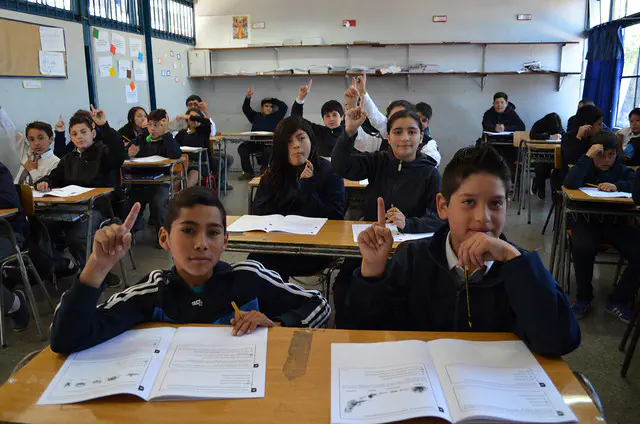Stratification of educational quality judgments
Insights from two factorial survey experiments on socioeconomic differences in student and parent evaluations

Abstract
The use that agents do of cultural knowledge to navigate institutions is a major explanation of inequalities. Nevertheless, the difficulties accessing culture knowledge have led sociologists of education to often rely on declarative forms of culture to gauge explanations on inequalities. Based on the case of Chile, this study contributes to educational inequality research by using factorial survey experiments to assess the stratification of evaluative principles of educational quality or what is termed “judgments of the game.” Different teaching and school resources features were experimentally manipulated and presented to representative and probabilistic samples of parents and primary school students to measure their evaluative principles of educational quality. Findings show that socially advantaged parents and students, and from private schools, tend to evaluate educational quality more critically and attribute stronger effects to vignette features, suggesting cultural knowledge stratification. Thus, this study contributes to cultural sociology, sociology of education, and stratification research by testing one of the central theoretical propositions on the explanations of educational inequalities.